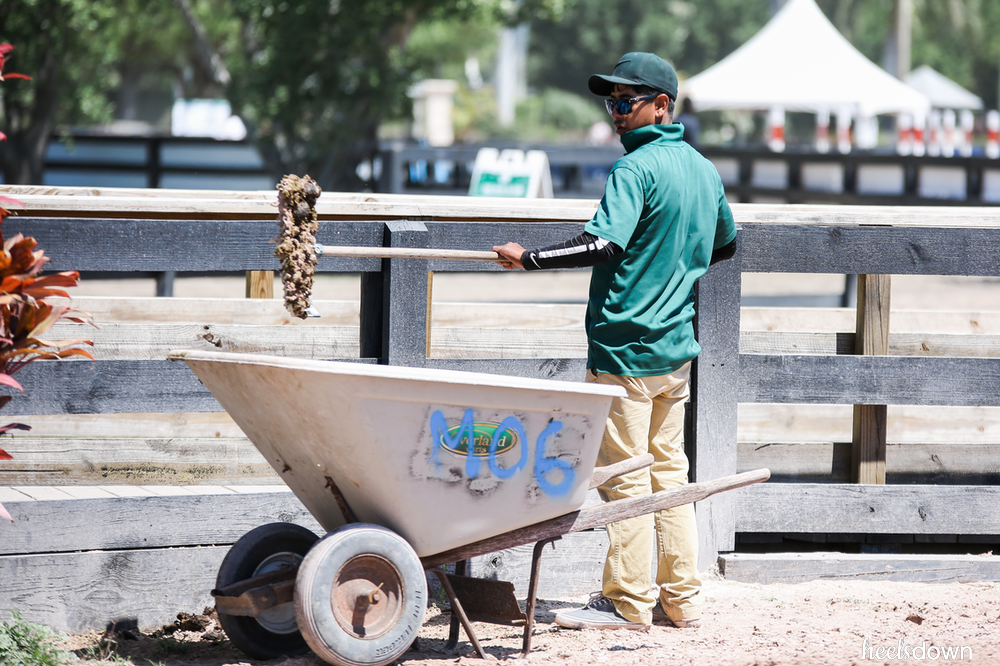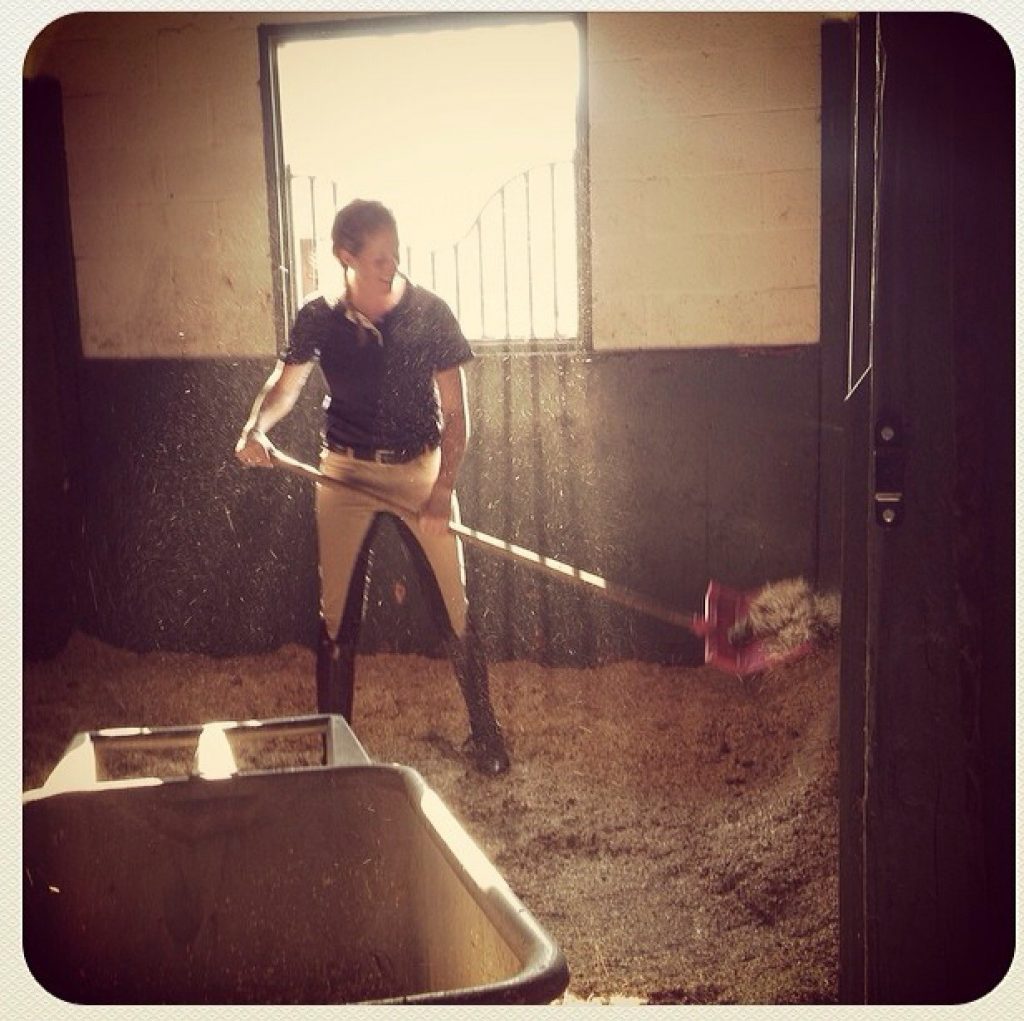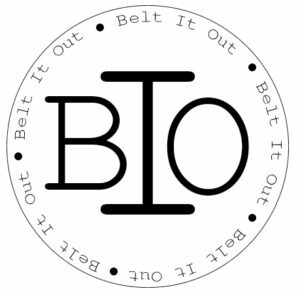Where Does The Manure Go?

We’ve all seen it. Heck, we contribute to it. Over the course of a horse show weekend, the manure dump pile on the show grounds can grow alarmingly in size.
Horses poop a lot. It is what it is. But have you ever wondered where all that poop goes, after the horses are loaded into the trailer and the venue falls empty and quiet?
Some horse show circuits are coming up with creative and innovative ways to put that poo to good use.
In 2017, the Helsinki International Horse Show in Finland began delivering all manure from the show grounds to a nearby power plant, where it’s turned into energy. The manure generates enough energy to actually produce the electricity needed to run the show.
Similarly, the manure leftover from the Capital Challenge horse show in Upper Marlboro, Maryland, is picked up and composted at the Prince George’s County yard waste composting facility. More than 50,000 tons of Earth material, from leaf litter, to grass, to food waste, is processed every year at this regional center.

After careful composting, which can take a matter of months, this Earth material (including the horse manure) matures into a dark “hummus-like material” which the facility sells to a network of retailers in Maryland as a soil amendment. All money made from the compost material goes back to the county government to alleviate some of the cost of the composting operation.
“A lot of it is used in mulch that’s used in the local parks and given away at special giveaways,” said Oliver Kennedy, one of the founders of the Capital Challenge horse show.
At the Winter Equestrian Festival in Wellington, Fla., where thousands of horses spend several weeks competing, manure is composted and turned into soil, pellets and even stall bedding by a private company, Wellington Agricultural Services.
The company hauls away manure from the show grounds and private farms around Palm Beach to Department of Environmental Protection approved sites, including the Solid Waste Authority, which uses the manure to power electricity at its energy plant, said Jose Gomez, the owner of Wellington Agricultural.
Other sites include local composting facilities.
“We’re committed to changing these old practices that have been around for the last 30 years and educating farm owners on proper manure management,” Jose explained.
Wellington Agricultural also works with a company called Waste To Energy Canada to offer personal-sized compost machines, or “digesters” as Jose described them, which can compost household-sized waste in a matter of 24 hours.
“It can take in any recyclable material besides glass and plastic and turn it into biofuel, which can be used as mulch or compost around the property, or hauled away,” Jose said. “For equestrian farms, it’s something to consider. Whatever they’re spending on hauling away waste, they can replace that line item by selling the compost or reusing it.”


